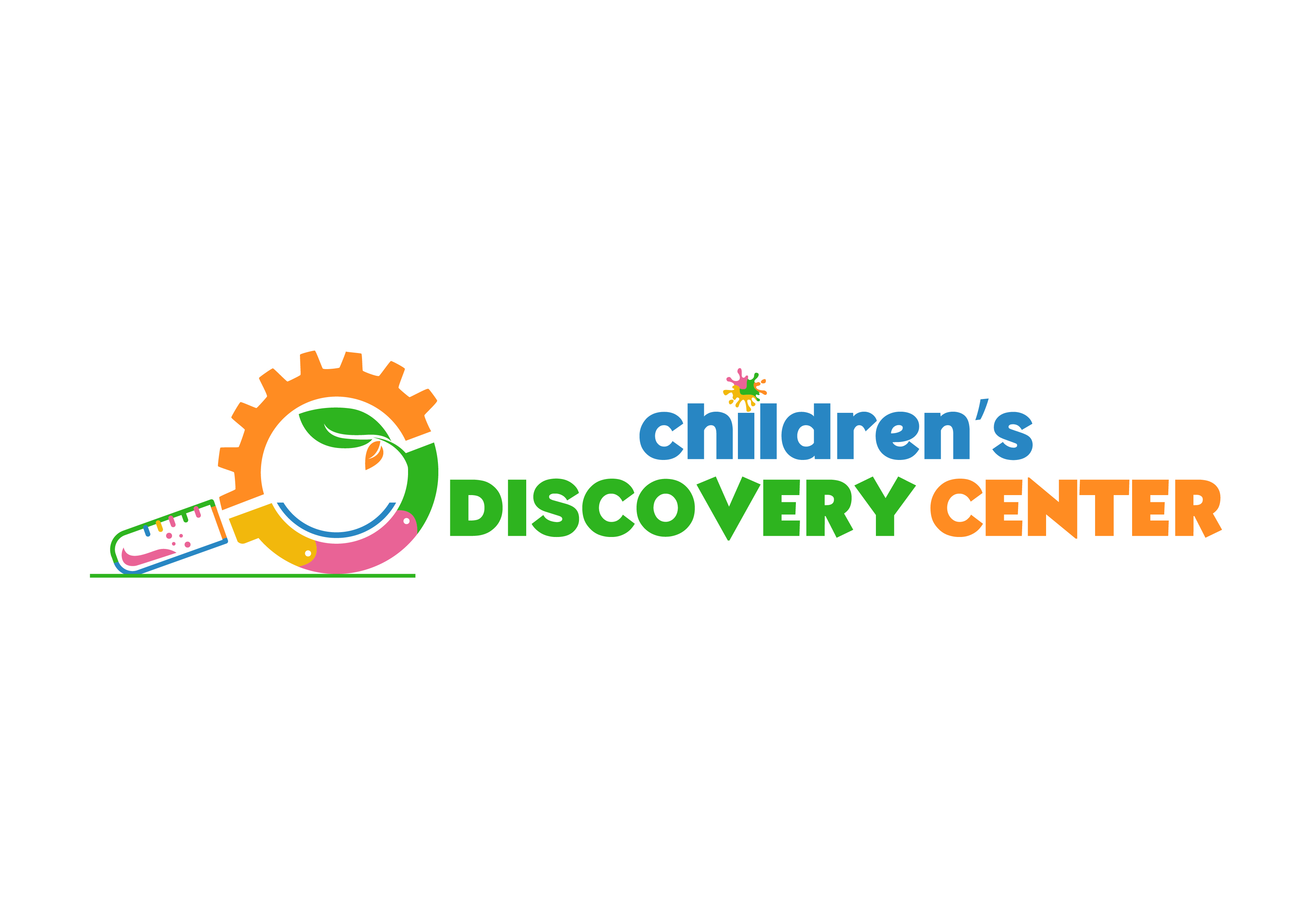Mental Health and the Power of Play
- thechildrensdiscov
- May 7, 2025
- 4 min read
Updated: May 21, 2025

Celebrating Children’s Mental Health Awareness Day on May 7
May 7 is Children's Mental Health Day. Today, we want to stop and reflect on the power of play and the important role it plays in the overall well-being of our children and their mental health. In our busy, tech-driven lives, it sometimes can be easy to overlook: but children need free play—not just for fun, but for their mental health, social growth, and emotional resilience.
Free play isn’t a luxury. It’s a necessity.
When we think of the word play, you might picture kids running outside, playing a video game, or getting creative with trucks, blocks, or dolls. But play is so much more than just fun—play is powerful. It’s the foundation of how children explore their world, express their emotions, solve problems, and build critical life skills.
Play is how children learn, grow, and connect—not just with toys, but with people and the world around them. It gives them room to experiment, fail, recover, and try again.
Research continues to affirm what many parents and educators know in their hearts: free play is a direct line to better mental health. It helps kids manage stress, regulate emotions, and feel a sense of control and agency in a fast-changing world.
Through unstructured, imaginative play, children build confidence, creativity, and courage—traits that help them grow into strong, capable adults. Free play also allows them to forge friendships, resolve conflicts, and practice empathy, all of which are key protective factors for emotional well-being.
But in recent years, this kind of play has been steadily disappearing.
As parents and caregivers, we know the world feels different from what it once did, and it is only natural to be more protective in uncertain times. But today’s kids have fewer opportunities to explore independently, to roam freely with peers, or to take the small, necessary risks that help them develop resilience. And that’s affecting their mental health in powerful ways.

Jonathan Haidt’s The Anxious Generation is one book that helped articulate this shift. Several of our board members recently read this powerful and timely work, and we highly recommend it to anyone who is parent, grandparent, or anyone who simply cares about the next generation. Please click here to find the book: https://www.anxiousgeneration.com/book
Haidt shows how the “play-based childhood” began to decline in the 1980s, and how it was finally wiped out by the arrival of the “phone-based childhood” in the early 2010s. As free, unsupervised outdoor play disappeared—largely due to rising parental fears and increased adult oversight—children lost vital opportunities to build resilience, form deep peer relationships, and develop independence. This left them more vulnerable to the isolating, comparison-driven dynamics of life online. Read more stats here: https://jonathanhaidt.com/anxious-generation/
Haidt, a social psychologist and professor, lays out the data: after decades of mental health improvements, rates of depression, anxiety, self-harm, and suicide among teens began to rise dramatically around 2010—and have more than doubled in many countries since. What changed? Haidt identifies the rise of the “phone-based childhood” as a major culprit.
But perhaps most importantly, The Anxious Generation is not just a book of findings—it’s a call to action.
Haidt outlines four simple, powerful rules for restoring a healthier childhood and helping kids reconnect with what they truly need, including play and independent exploration.
This message deeply resonates with the mission at the Children’s Discovery Center.
We believe that unstructured, hands-on play is one of the most effective tools to support children’s mental well-being. That’s why our future museum is designed to be more than a place of learning—it will be a safe, vibrant environment for play, discovery, and growth. A place where rural kids from birth through their teen years can play freely, connect with others, and build confidence through real-world experiences.
As moms, we also truly look forward to creating a space in the community where parents can come together, connect, and build meaningful friendships. Parenting—especially with little ones—can often feel isolating, particularly during the long, cold winter months. By offering a warm, welcoming place to gather, we’re not just fostering friendships—we’re also supporting the mental health and well-being of parents and families in our region. Stronger social connections build stronger communities.
We understand that parenting today is different. We’re working to balance all the benefits of technology with the kind of open-ended, creative exploration that children desperately need. As technology continues to evolve, so does our dedication to creating spaces where kids can still just be kids—running, climbing, imagining, and connecting in person. We believe in giving families a place to unplug, recharge, and rediscover community—so that children don’t grow up isolated, but instead surrounded by real relationships and the joy of shared play.
This Children’s Mental Health Day, we invite you to imagine a place where play is purposeful, where exploration is encouraged, and where childhood is protected—not from the world, but for the world. Let’s build that place, together.
Please consider donating today by visiting our website:



